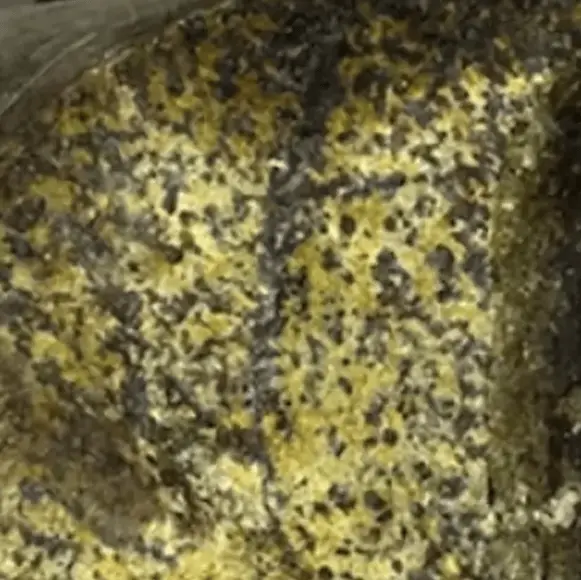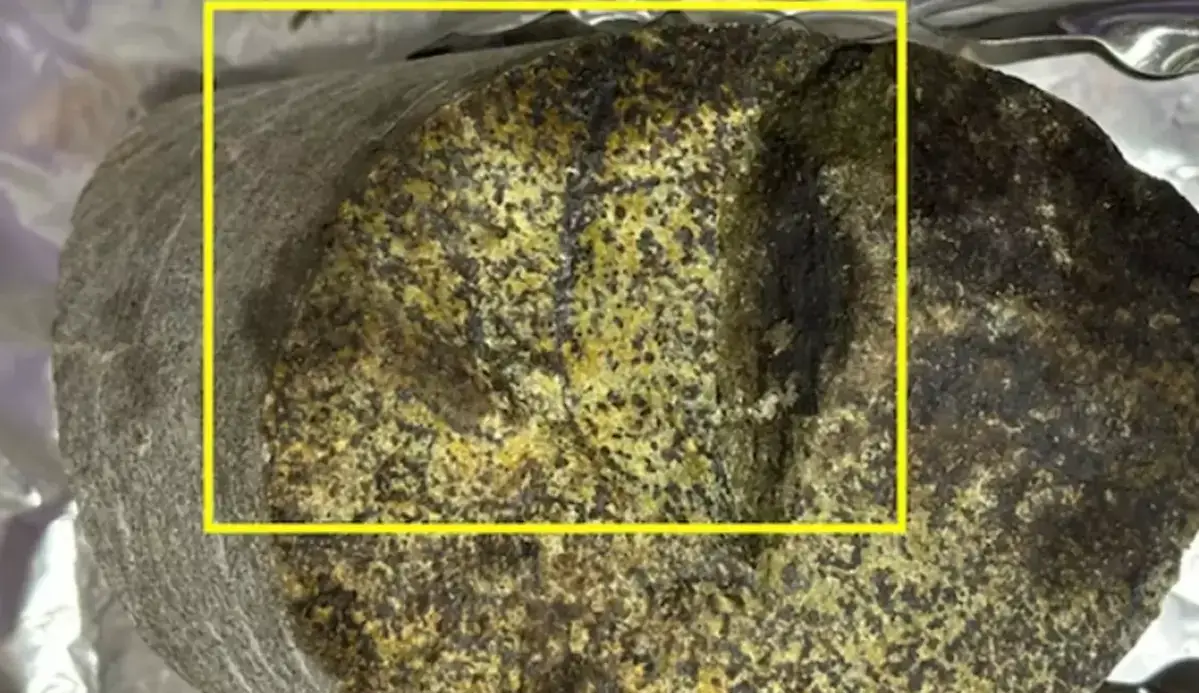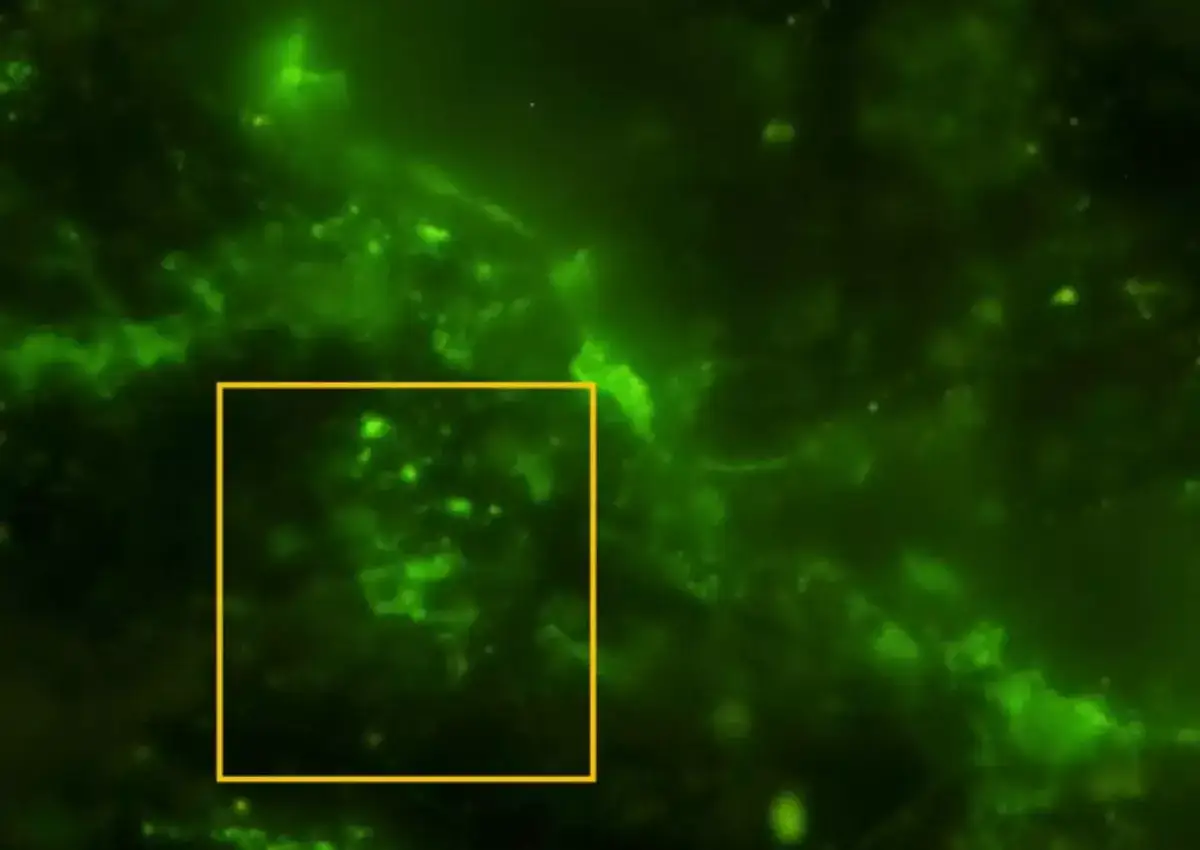
Scientists drilling in South Africa made a surprising find when they opened up an ancient rock.
The team of researchers discovered an ancient stone in South Africa's Bushvelt Igneous Complex during ultradeep drilling.
The team managed to get a 30cm rock core sample.
The scientists believe that studying the rock's microbial community could also shed light on ongoing research about life on other planets.
Advert
To study it further, the team excavated the rock, sliced it into thin pieces and started analysing it.
They ended up finding what they think are microbial cells in the cracks of the rock. If these microbes turn out to be native to the rock and not contaminated, they would be the oldest living microorganisms ever found in rocks.

The team wrote about the 'exciting' news in a recent study, suggesting that these microbes could help us understand early life on Earth and possibly life that once existed on other planets, especially Mars.
One of the main goals of NASA's Perseverance mission is to collect physical samples from Mars.
According to the study's authors, these samples will probably be around the same age as the Earth rock that was just opened, making this discovery a sort of practice run for studying microbes from other planets.
Yohey Suzuki, lead author of the recent study, explained the importance of the findings: “Until now, the oldest geological layer in which living microorganisms had been found was a 100-million-year-old deposit beneath the ocean floor.
"This is a very exciting discovery.”

The associate professor from the Graduate School of Science at the University of Tokyo continued: “By studying the DNA and genomes of microbes like these, we may be able to understand the evolution of very early life on Earth.”
Suzuki also pointed out that discovering and analysing microbes from rocks dating back to the Paleoproterozoic Era could help us learn about Mars' history as well.
“NASA’s Mars rover Perseverance is currently due to bring back rocks that are a similar age to those we used in this study,” Suzuki mentioned.
“Finding microbial life in samples from Earth from two billion years ago and being able to accurately confirm their authenticity makes me excited for what we might be able to now find in samples from Mars.”
Another incredible earthly find recently was discovered in Borneo, where scientists incredibly discovered a lost tectonic plate. The plate is thought to be a mind-boggling 120,000,000 years old.